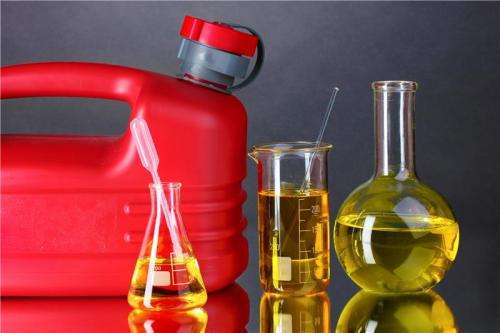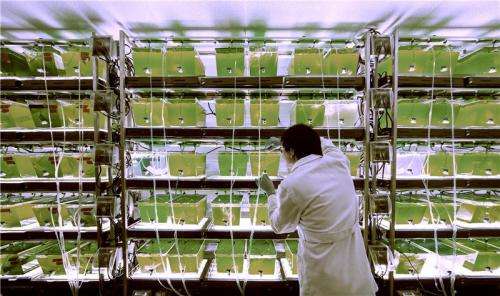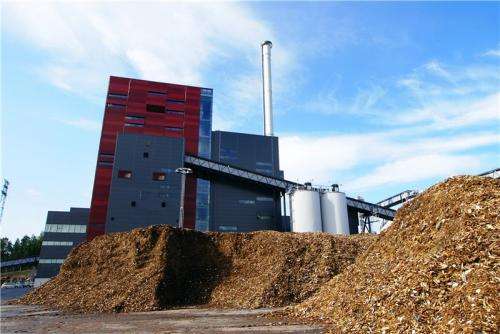Technology platform designed to produce second generation biofuels

According to a report issued in 2013 by the International Energy Agency, Mexico is compromised to use five percent of bioethanol in their gasoline since 2012. However, it has failed due to lack of incentives and technologies to produce it on an industrial scale. Therefore, Mexican researchers are working to design a process platform that will be able to achieve it.
"Producing biofuels (bioethanol, biogas or hydrogen) in a laboratory scale and from almost any agro waste is technically feasible. The challenge is to do so in sustainable conditions, both financially and environmentally, on an industrial scale, "says Arturo Sanchez Carmona, head of research at the Center for Research and Advanced Studies (CINVESTAV).
This project has passed the laboratory stage and now researchers are working in pre - pilot scale.
"We designed a biorefinery capable of producing second-generation biofuels (produced from agricultural waste) responding to the economic conditions and state of the Mexican countryside. Working with 500 tons of waste per day and is self-sufficient from an energy point of view, "he says.
Technologies generated are known as biorefineries of biochemical platform including pretreatment steps, enzymatic saccharification (process whereby cellulosic material is converted to fermentable sugar), fermentation and purification, which can operate with different residues. For this reason, the research team also analyzes which kind of biorefinery is suitable to the different states of Mexico.

Each of the process concepts involved in the design of the biorefinery has been demonstrated in a small scale. Therefore, the next step is to find companies that take the baton and scale the technology developed to generate hundreds of liters of second generation bioethanol.
"The goal of the project is to establish sufficient technical evidence showing under what circumstances it is possible to produce second-generation biofuels for the automotive transport in Mexico. Equipment demonstration of the process we have created provide the evidence to continue scaling these technologies, "said Carmona Sánchez.
Highlighting that the idea is to develop concepts of biorefineries, because the intention is not to build a pilot plant to produce bioethanol, but to develop the technology that other instances can scale and then use to produce biofuels on an industrial scale.
"For example, in the Highlands of Jalisco (in the west if the country) would be possible to build a biorefinery that would process waste from the agave to produce bioethanol. The excess material could be mixed with the waste of the cheese industry to generate hydrogen. And what would be left, could be sent to the water treatment system to produce biogas, "says the researcher at the Cinvestav Guadalajara.
This research covers a wide range of disciplines and consists of eight research groups in different Mexican institutions. "The goal was achieved because each group has participated with its knowledge and experience in their areas of expertise," says Sanchez Carmona.

He reports that the pre-treatment technology and the conceptual design of the plant and its sustainability analysis were performed at the Guadalajara Cinvestav unit. Regarding the production of biohydrogen, the research has been in charge of Antonio de León at the Laboratory of Molecular Biology at the Potosino Institute of Scientific and Technological Research, and Idania Valdez of the Department of Life Sciences at the University Guanajuato.
In turn, Hector Hernandez at the Faculty of Chemical Engineering at the University of Guanajuato has been responsible for the enzymatic saccharification. The work related to the fermentation has been performed by Lorena Amaya of the Research and Technical Assistance Centre of the state of Jalisco, while biogas production was studied by Salvador Carlos at the Cinvestav Saltillo.
Finally, purification of bioethanol and the use of residual lignin have been in charge of Agustín Castro and Liliana Marquez of the Universidad Michoacana of San Nicolás Hidalgo.
More information: More details about this project can be found at www.gdl.cinvestav.mx/nerixis.
Provided by Investigación y Desarrollo


















